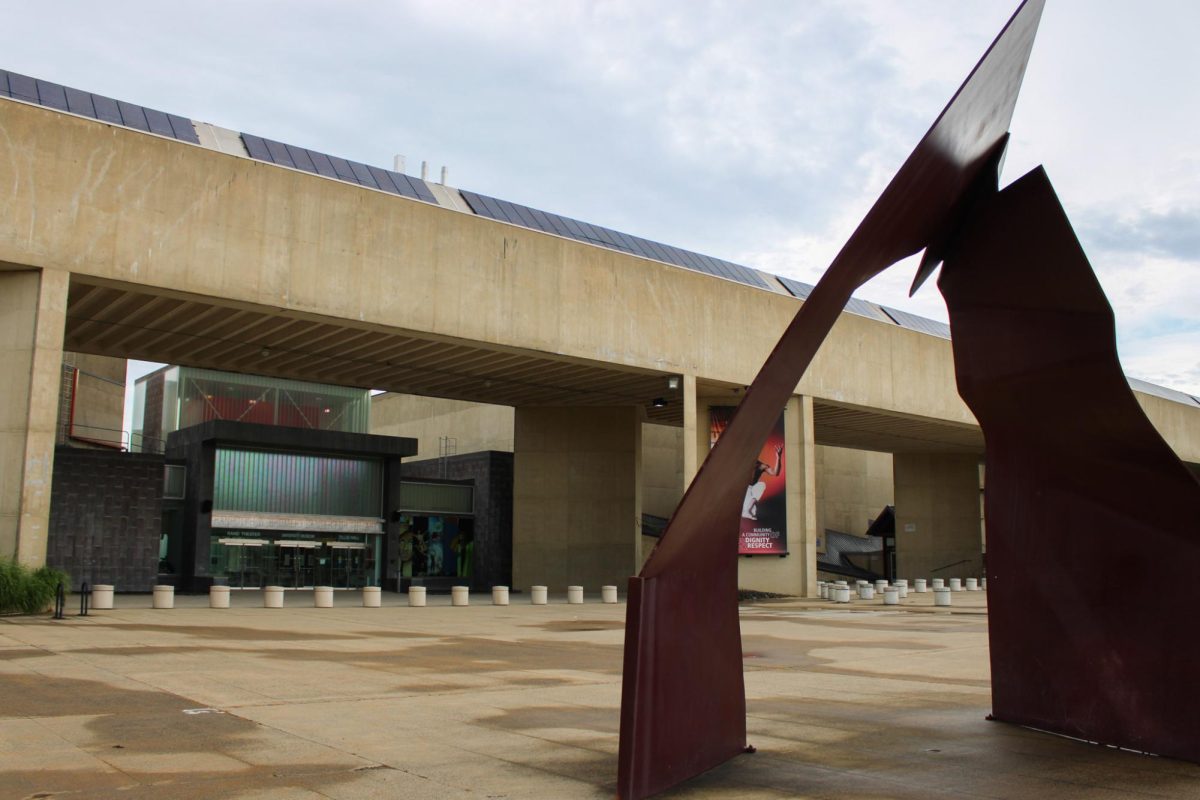
A country steeped in chaos, Egypt has become a nation in upheaval. Protesters have stormed the northeast African Republic’s streets, defied curfew and torched cities in an attempt to overthrow their government. And as communication is slowly dismantled from the inside, most of the world can only gaze at the destruction and upheaval of the fragmented Muslim nation.
Ray Mohammed, an Egyptian-American student at the University of Massachusetts, said the protests sweeping across his homeland have left him uncertain, unable to envision an Egypt without President Hosni Mubarak.
“Honestly, I didn’t know how to react,” said Mohammed. “I’ve only known one Egyptian president for my life, and that’s Mubarak, and he is Egypt.”
Egyptian President Hosni Mubarak, in office since 1981, is currently holding on to his power amid protests from many factions of the country demanding the termination of his reign. He did not emerge from hiding until several days after the protests began, when he announced the installment of Vice President Omar Suleiman, the first time the deputy executive has been publicly seen in his entire reign.
Due to the number of calls and requests processed by the American University of Cairo (AUC), representatives were unable to provide any information on current UMass students attending the school.
“We’re cooperating with the Department of State and the U.S. Embassy to evacuate the students,” said a representative in a phone call around 4:15 p.m. on Monday. “The first plane of students arrived a few hours ago. Some are coming back permanently stateside, and several have opted to stay in Cairo. We’ve got about 500 students in all, and we’re doing our best to accommodate them.”
Ed Blaguszewski, executive director of news and media relations at UMass, confirmed in a phone call around 4:30 p.m. Monday that the University does have a student at AUC.
“We do have one student who had been studying abroad at AUC, and the International Programs Office has been in touch with the student,” he said. “We don’t have an exact time frame, but he’s been reported to be leaving for the airport soon.”
Blaguszewski did not disclose the student’s name, and said it was unclear at this time as to whether the University would maintain its connection to the program in Cairo.
Protests broke out last Thursday, and shortly thereafter access to Internet was cut off by the Egyptian government nationwide in an attempt to prevent the protesters from organizing.
Many social networking sites such as Facebook and Twitter were inaccessible to Egyptian citizens, and cell phone service was widely reported as down across the country, forcing citizens to temporarily rely on alternatives methods, such as land-line phones and fax machines to relay communication.
Steve Fox, a professor of multimedia journalism at UMass, said despite the government interference, people can always find a way to exchange information.
“What’s interesting is that even with the action taken, info is still getting out and is getting amplified by people outside of Cairo,” he said.
Fox continued, “Some people are calling this a ‘social media revolution,’ but I wouldn’t agree with that.”
Fox compared Western and Middle Eastern media, and, using an example of live reporting from a morgue in Egypt, said what Americans view here may not represent a full picture of what is going on inside the country.
Mohammed, who was born in the United States, but has family throughout Egypt, said he was relieved to hear from his relatives.
“I was really curious to hear from them,” he said. “Half of my family is hardcore Mubarak, and the other half is ‘off with his head.’ I’d say I’d fall somewhere in the middle. I’m a pragmatist,” he quipped.
Egyptian protesters are divided in their form of resistance, with some demonstrating peacefully and cooperating with military police and some looting museums and police stations, and then turning the equipment against police officials. A strict curfew from 4 p.m. to 8 a.m. was recently pushed even further back to 3 p.m., though protesters continue to be defiant of the rule, according to McClatchy News Service reports.
The military, attempting to uphold a state of martial law, is also interspersed with the protesters in Egyptian cities, tasked with the difficult task of attempting to keep order, while not attacking peaceful citizens or forcing them out of the streets.
Mohammed said the outcome may not turn out to be a peaceful one.
“Chaos is the only way to describe this. Egyptians aren’t violent by nature, but if the reins break loose, it’s going to be anarchy,” he said.
“What many don’t realize is that the country is armed to the teeth with weaponry. The instability this is causing may not end well at all,” he continued.
David Mednicoff, an adjunct assistant professor in the department of Judaic and Near Eastern studies and the program in Middle Eastern studies, said the outcome is, of yet, indeterminable, but he believes the demands of the people are justified.
“They want the end of a repressive political system and the possibility to have a more democratic and accountable government,” he said. “Whether this can happen in the medium-run with the many political issues in the country is hard to know.”
“But,” he continued, “the demands are clear and completely rational – an end to a longstanding, unpopular political system that enjoys little credibility in the eyes of its people.”
Fox said he believes, in the end, the people will be the difference-maker in what happens next in Egypt.
“The people are the primary factor, and next would be the media,” he said. “Everything is acting in conjunction. These are all tools that are adding together.”
Mohammed concluded, “In a way, I’m happy. This is the change they’ve needed.”
Tim Jones can be reached at [email protected].






